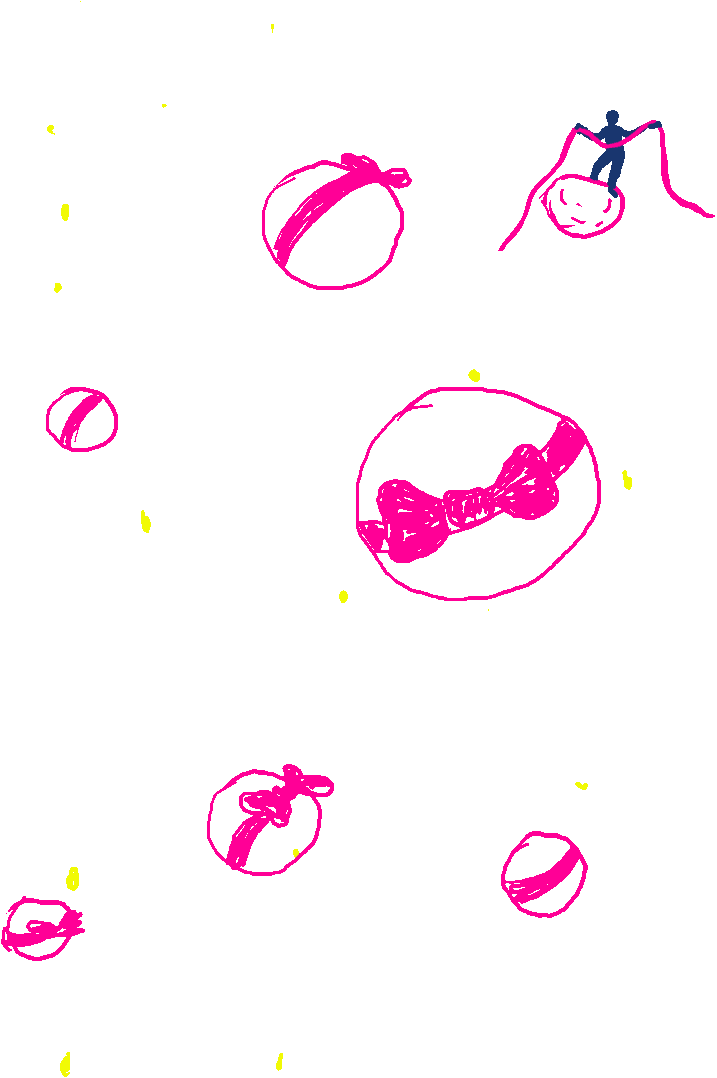Story highlights
Turkish coast guards and volunteers pull migrants from inflatable boats
Same cross from Turkey to Greece attempted by Aylan Kurdi's family last week
Aylan, his brother and mother all died when their boat capsized
The image of a small boy lying lifeless, face down on a beach hasn’t deterred other migrants from attempting the same dangerous crossing.
Under the cover of darkness, on cold, unpredictable seas, they cram onto boats from Turkey to Greece, toward what they hope will be a better life in Europe.
Only four days after two-year-old Aylan Kurdi, his brother and mother died trying to reach the Greek island of Kos, CNN witnessed Turkish coast guard patrols rescuing several dinghies dangerously overloaded with migrants trying to cross the channel.
Late Sunday night a coast guard cutter loomed large over the dark waters of the Aegean Sea, its powerful spotlight illuminating a small rubber boat crammed with 23 passengers.
The inflatable’s motor appeared to have died less than halfway between Turkey and Greece. The passengers – which included five small children – were left bobbing in a raft that could have been easily swamped by a small wave.

A volunteer team from the Bodrum Sea Rescue Association – a nonprofit rescue group that works alongside the coast guard – carefully approached in a pontoon boat.
A member of the team called out, “does anyone speak English or Turkish?”
“English,” a migrant yelled in return.
The emergency worker then instructed the stricken raft’s passengers that he would offload women and children first, followed by the men.
Lives saved
The migrants and refugees all wore life jackets, some of which appeared to be of dubious quality. But some also wore heavy backpacks over the flotation devices, which could have proven dangerous in the event the boat capsized.
One of the children screamed in fear while being transferred to the search and rescue vessel.
A thin man clutched a cell phone while telling rescue workers in broken English “wife here. Wife, children.”
Another man spoke to fellow passengers in Persian. CNN did not have the opportunity to interview any of the migrants.
In the end, it took only a few minutes to safely transfer the migrants first to the search and rescue boat, then to the much larger coast guard vessel.
In an interview with CNN last week, Turkey’s president Recep Tayyip Erdogan said coast guard teams had rescued more than 50,000 migrants and refugees in the last nine months. Harder to quantify is the number of people who perished trying to make the sea crossing.
Night patrols for migrants
In the wake of the Aylan Kurdi’s death, Turkish security forces have tried to crack down on migrants seeking to depart from the beaches around Bodrum.
At night, the flashing lights of police patrol vehicles wink periodically along the coastline, among the villas and posh resorts that make Bodrum Turkey’s party peninsula.
But at around 2 a.m. on Monday, the Bodrum Sea Rescue Association team spotted another rubber boat setting out, aiming for Greece.

This vessel was smaller than the first, and loaded with at least 10 passengers, one of whom appeared to be a pre-adolescent boy.
An electric motor whirred in the back, while two of the passengers tried to push the boat forward using long oars as if they were canoe paddles.
When the search and rescue boat approached, several men on board the dinghy yelled “Help! Help!”
But then the passengers continued paddling and motoring toward the lights of the Greek island, visible in the distance.
A warm breeze helped the small craft’s progress until it emerged from the protection of an uninhabited Turkish island. Here, the water grew more choppy, and the boat began to struggle.
Moments later, a beam of light blasted out over the dark waterway, lighting up the dinghy full of migrants. The Turkish coast guard cutter was back. Soon the migrants were clambering up a ladder to the safety of the vessel’s deck.
Tonight, the migrants and refugees, who appeared to be of Middle Eastern and South Asian origin, failed to reach Greece. Tomorrow, despite the dangers, it’s likely more will try.























